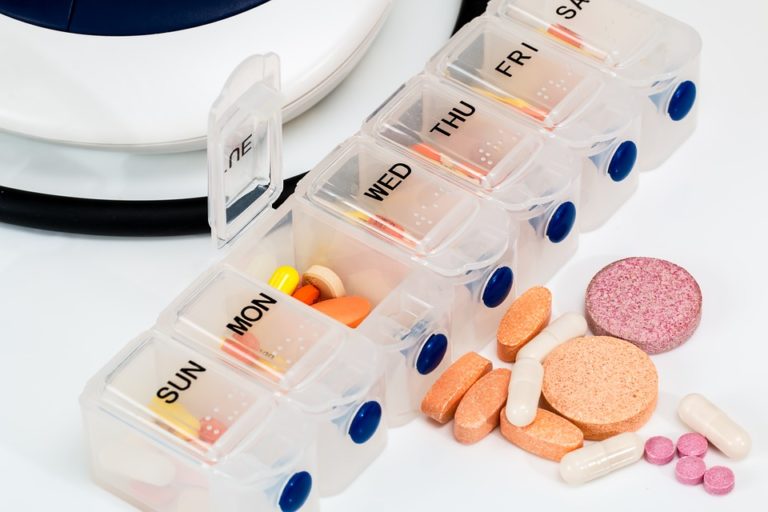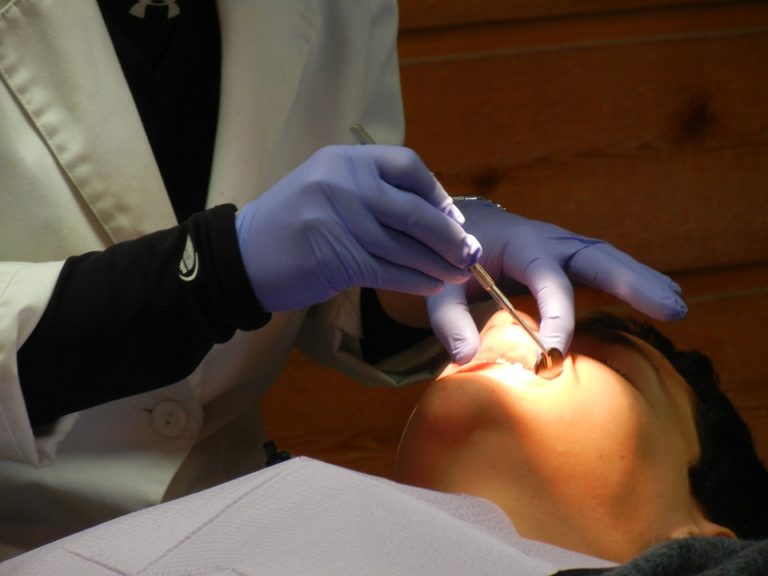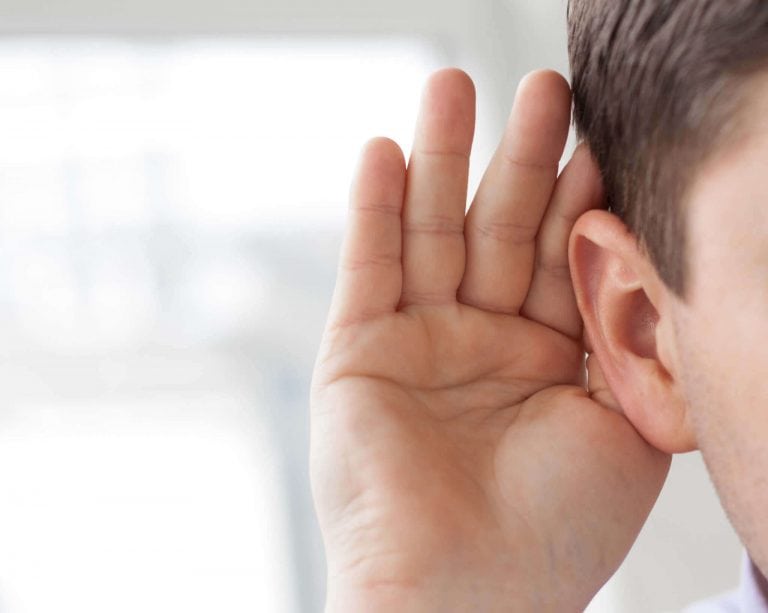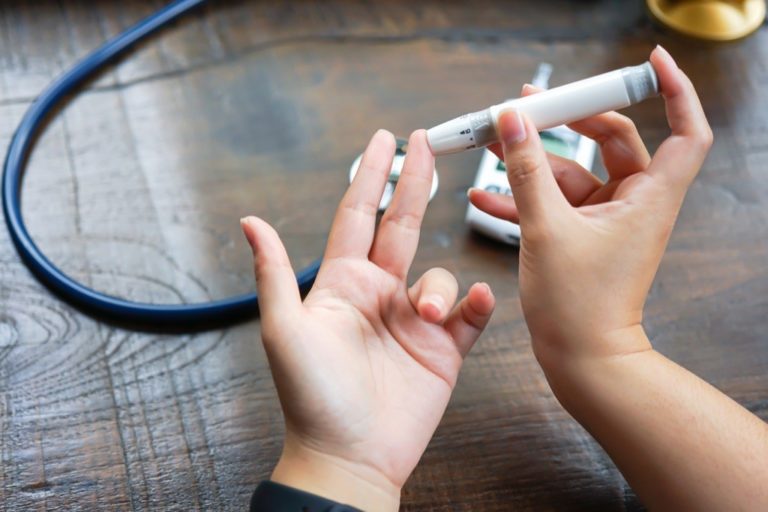
4. You have a fever
As we all know, an increase of the temperature is the most common coronavirus symptom. About 83 percent to 99 percent of COVID-19 patients experienced it. According to Harvard Medical School, you have a fever if your body temperature is 100.4° Fahrenheit or higher.
Fever can also come with “chills, sweating, muscle aches, nausea, and weakness.” An increase of the temperature happens when the body struggles to fight off an infection or inflammation. However, you should also take into consideration that the flu season is coming rapidly, so your fever may be due to the flu, if not accompanied by another coronavirus sign or symptom.
A forehead thermometer is probably the smartest purchase right now, click here to see Amazon’s choice.

























